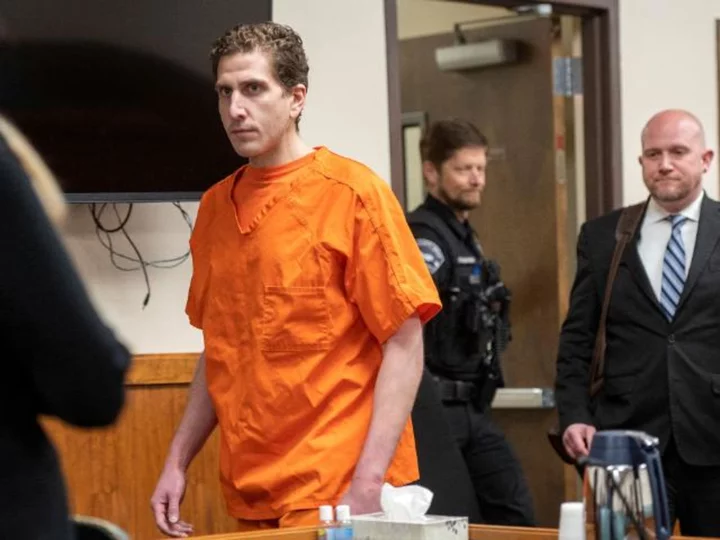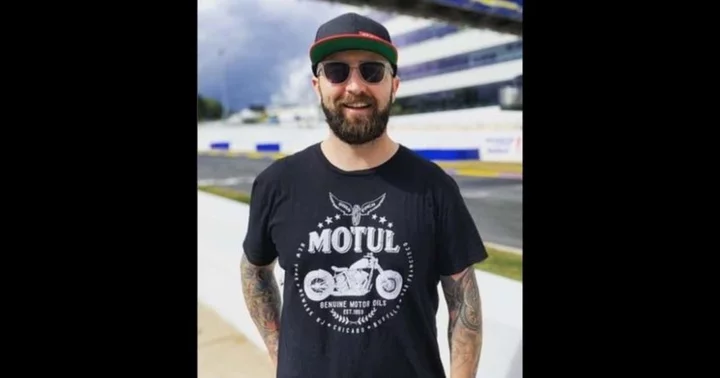Idaho prosecutors and defense attorneys for Bryan Kohberger, the man accused of killing four University of Idaho students last year, are set to appear in court Friday to discuss his alibi and several other outstanding legal issues.
The court will hear arguments on six motions, including Kohberger's claim that he was out for a drive alone the night of the murders.
The state has argued he must provide his exact whereabouts that night and any witnesses who can support his alibi. However, the defense has argued the court should exempt him from further inquiry, and said he is "prepared to provide further detail in an ex parté hearing with the court."
"Mr. Kohberger is not claiming to be at a specific location at a specific time; at this time there is not a specific witness to say precisely where Mr. Kohberger was at each moment of the hours between late night November 12, 2022 and early morning November 13, 2022," the defense wrote. "He was out, driving during the late night and early morning hours of November 12-13, 2022."
Kohberger faces four counts of first-degree murder in the November 13 deaths of 21-year-olds Kaylee Goncalves and Madison Mogen and 20-year-olds Xana Kernodle and Ethan Chapin, who were fatally stabbed in their off-campus home in Moscow, Idaho.
A not guilty plea has been entered on Kohberger's behalf. His trial is set for October.
Of the six motions set to be addressed Friday, two come from the defense and four from the prosecution.
The defense motions are related to (1) a request to compel the state to disclose DNA profiles and (2) a request to stay the court proceedings to investigate potential procedural issues with the grand jury.
The prosecution's motions are connected to (1) the alibi, (2) protecting the disclosure of information of people involved in the genetic genealogy investigation, (3) issues on the timeline of the trial and Kohberger's right to a speedy trial and (4) a request to set deadlines on pretrial issues.
The evidence in the case
Statements by a surviving witness and other evidence led investigators to believe the killings happened between 4 a.m. and 4:25 a.m., according to court documents. There was no sign of forced entry, police have said.
The killing sparked fear in the quiet college town and led to weeks of speculation as to who was the killer. Kohberger, a criminology graduate student at nearby Washington State University, was arrested seven weeks later at his parents' house in Pennsylvania.
Authorities began to focus their investigation on Kohberger after learning he was the registered owner of a white Hyundai Elantra similar to one seen in surveillance footage near the crime scene, according to a probable cause affidavit released in January. His appearance also was consistent with a surviving roommate's description of the suspect, specifically noting his height, weight and bushy eyebrows, according to the affidavit.
Other evidence listed in the affidavit included phone records showing Kohberger's phone had been near the victims' home at least a dozen times since June. Records also show the phone near the site of the killings hours later, between 9:12 a.m. and 9:21 a.m., the document says.
Additionally, Kohberger's DNA was a "statistical match" to DNA collected from the sheath of a knife found at the crime scene, according to court documents filed by prosecutors.









